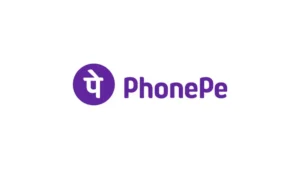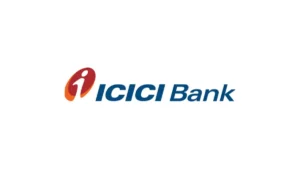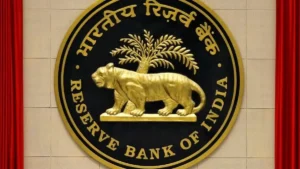The Indian government has granted approval for the release of the 30th tranche of electoral bonds, set to go on sale from January 2 to January 11, 2024. This development precedes the upcoming general elections later this year and coincides with the anticipated Supreme Court verdict on the validity of the electoral bonds scheme.
Key Features of the 30th Tranche
-
Purpose and Transparency: Electoral bonds serve as an alternative to cash donations, aiming to enhance transparency in political funding.
- Initiation Date: The inaugural sale of electoral bonds took place in March 2018.
- Authorized Bank: The State Bank of India (SBI) is the sole authorized bank for issuing and encashing electoral bonds.
- Eligibility for Purchasers: Indian citizens and entities established within the country are eligible to purchase electoral bonds.
-
Recipient Eligibility: Registered political parties securing a minimum of 1% of votes in the last Lok Sabha or legislative assembly elections are eligible to receive funding through electoral bonds.
SBI’s Role and Authorized Branches
-
SBI, in the 30th phase of sale, will issue and encash electoral bonds through its 29 authorized branches.
-
Authorized branches include locations such as Bengaluru, Lucknow, Shimla, Kolkata, Chennai, New Delhi, and Mumbai, among others.
Validity and Processing
-
Electoral bonds will remain valid for 15 calendar days from the date of issue.
- No payment will be processed for bonds deposited after the expiry of the validity period.
-
Eligible political parties can expect the credited amount on the same day the electoral bond is deposited in their account.
Questions Related to Exams
- Why has the Indian government approved the 30th tranche of electoral bonds?
- In which locations are the authorized SBI branches situated for the issuance and encashment of electoral bonds?
Please Try to Answer in the Comment Section!!




 PhonePe Launches AI-Powered Natural Lang...
PhonePe Launches AI-Powered Natural Lang...
 ICICI’s New Swasthya Pension Scheme: A S...
ICICI’s New Swasthya Pension Scheme: A S...
 RBI’s New Rulebook: UTI Required for All...
RBI’s New Rulebook: UTI Required for All...








